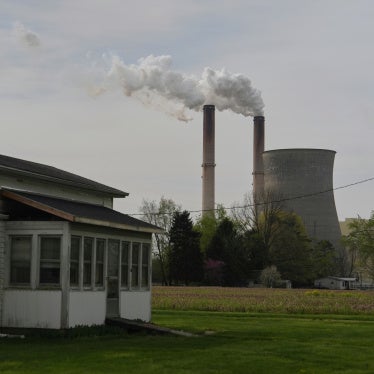It's a safe bet that more people know Feb. 14 is Valentine's Day than have heard that June 27 is National HIV Testing Day. That's too bad. I'm all in favor of flowers, chocolate and a fancy dinner, but knowing your HIV status is important - for yourself and for others. Unfortunately, there is no designated "National HIV Treatment Day," and in South Carolina, if you test positive for HIV, you might find that your treatment day is years from now - if you survive the waiting list.
South Carolina's HIV services are in serious trouble. The governor vetoed funding for the AIDS Drug Assistance Program, a shared federal/state program that provides life-saving medications to approximately 2,000 South Carolinians living with HIV/AIDS who do not qualify for Medicaid or Medicare. Last week, the Legislature failed to override the veto. South Carolina already had put 159 people on a waiting list when the federal funding was cut. And with no state funding, the waiting list will surely grow.
Cutting funding for AIDS treatment is short-sighted, and has life-and-death consequences. Palmetto AIDS Life Support Services in Columbia, an organization that provides education, counseling and HIV testing, has been seeing the consequences already. One PALSS client, Kevin, was employed as a health care professional until he became too ill to work. He has insurance coverage until July, but when that runs out he will look to the state drug assistance program to help him afford the expensive medications he needs to recover. Since the program is taking no new patients, Kevin has been told he will be placed on the waiting list. People on the waiting list have to depend on donations from pharmaceutical companies, and Kevin's virus is resistant to several leading anti-retroviral drugs, making his medications more difficult to obtain.
"I'm terrified that I won't get the medication I need," Kevin told me.
South Carolina's funding for the drug assistance program had been improving since 2006, when the state contributed only $500,000 and hundreds of people languished on the waiting list. Five people on the list reportedly died during that period, a claim that Noreen O'Donnell, the Ryan White Program Manager at the state Department of Health and Environmental Control, said she can neither confirm nor deny because of confidentiality requirements. O'Donnell did say that before the recent veto, state funding for the program had increased to $5.9 million in 2008. Decreases in 2009 coupled with a steady rise in the number of patients needing medications hurt the program, but they were "doing a lot with a little." Now O'Donnell's office faces doing a lot more with even less.
South Carolina ranks eighth in the nation in new HIV cases, making it a hot spot for the epidemic according to the federal Centers for Disease Control. The rate of new cases among African-Americans in South Carolina is eight times the rate for whites. In South Carolina, 69 percent of men and 80 percent of women living with HIV/AIDS are African-American.
The governor and Legislature have to make tough decisions about what to fund and what to cut, but cutting health care for diseases that predominantly affect minorities is a human rights issue and bad public policy. The drug assistance program helps people like Kevin recover their health and regain the ability to work. Healthy citizens are a state's greatest resource. South Carolinians should come out on June 27 to be tested, and they should be connected to treatment if they need it.
Ms. McLemore is a senior researcher in the Health and Human Rights Division of Human Rights Watch in New York.







